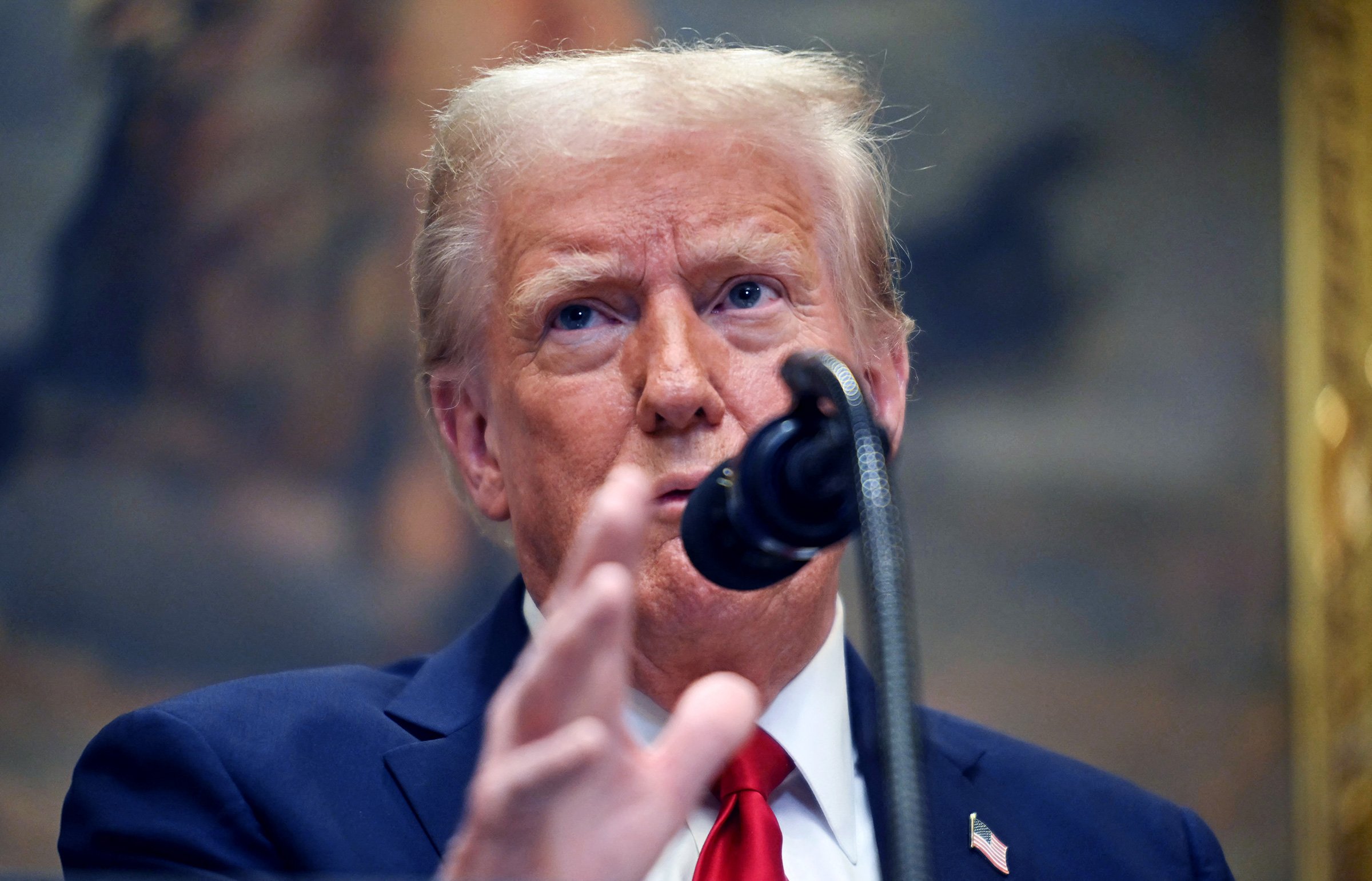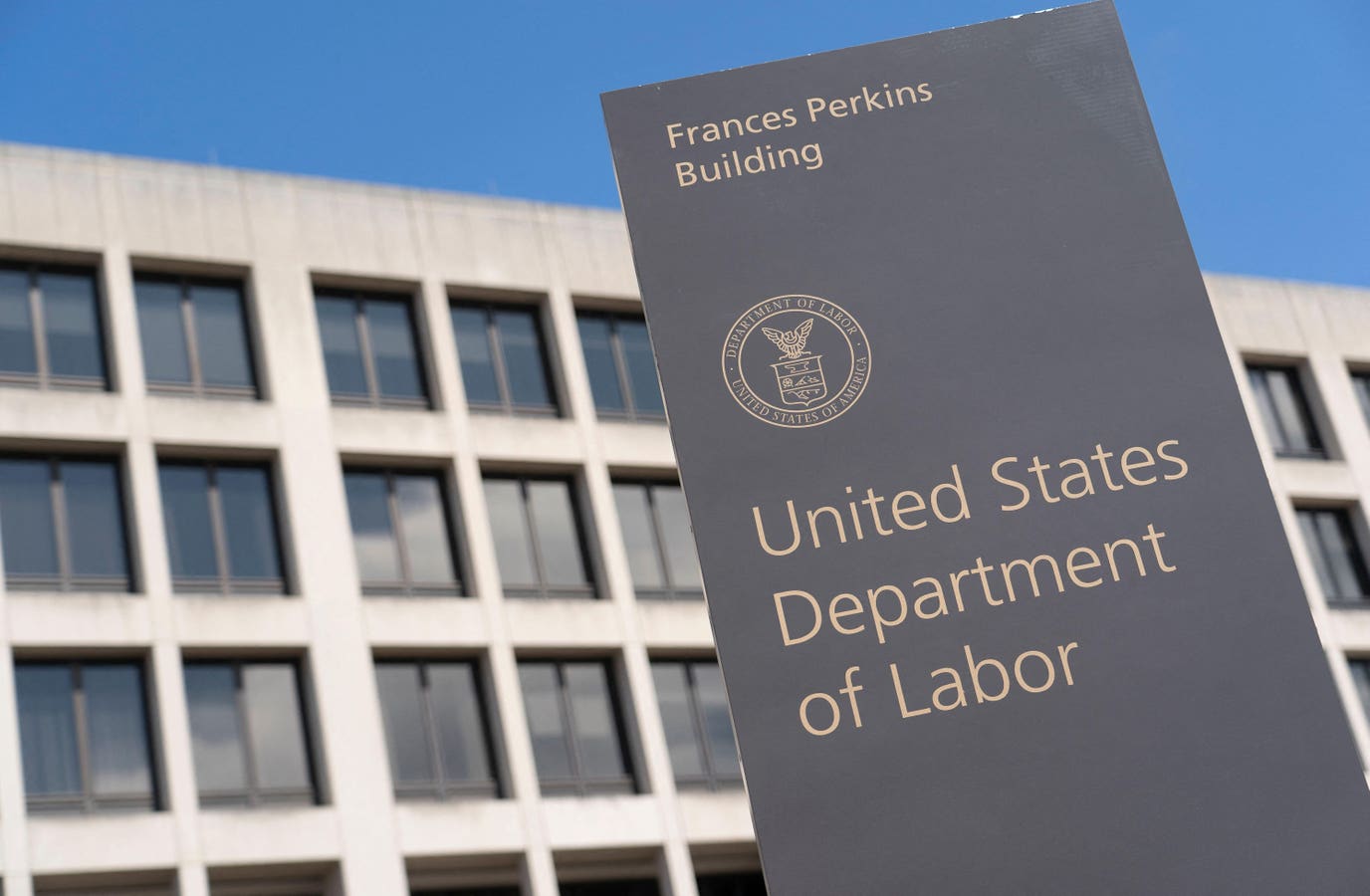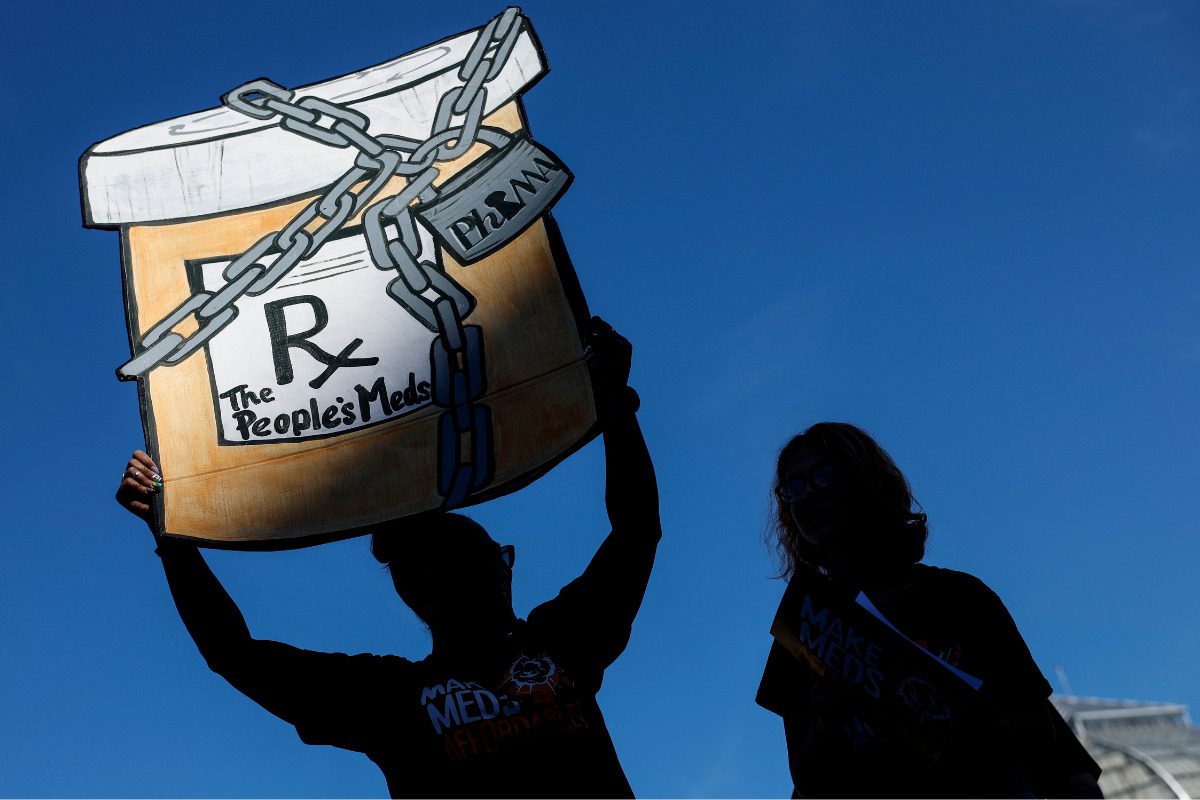Originally by Breanna Reeves at blackvoicenews.com
In 2022, the Heritage Foundation, a conservative think tank, published a 920-page blueprint that detailed a total reconstruction of federal policies, government agencies and an overhaul of national actions implemented during previous administrations. The purpose of the blueprint, titled Project 2025, was to prepare the way for the “next conservative Administration to use the report as a transition plan and policy guide.”
Though President Donald Trump isn’t named in the “transition plan,” more than a dozen of the Project 2025 authors served in some official capacity under Trump during his first administration. With the publication of the blueprint, policy advocates and leaders within the Democratic Party attempted to sound the alarm, warning Republicans and the public about the plans outlined in the document— from dismantling the Department of Education to reassigning the duties of the Department of Justice.
Project 2025: From Idea to Implementation
The first step to making Project 2025 a reality was Trump returning to the White House, along with securing the support of a Republican-majority Congress.
Three years later, the detailed plans laid out in Project 2025 are no longer proposed ideas on a document, but have subsequently come to life via executive orders issued by Trump. As of July 2025, Trump has signed 170 executive orders, dozens of which can be traced back to Project 2025.
The mandates listed in the executive orders have had resounding effects across the nation as public and private agencies, federally funded institutions and local nonprofit organizations grapple with how to navigate the new restrictions.
Among the executive orders issued, one mandate has left several sectors and industries scrambling as they struggle to decide how to navigate the total dismantling of diversity, equity, inclusion and accessibility, in all its applications.
Though this directive will have an unmistakable impact on hundreds of organizations, the order came as no surprise to Black professionals who work within the philanthropy sector and who anticipated the blowback on Black-led nonprofit organizations.
Black Led Organizations React
A survey of 217 Black Led Organizations (BLOs) commissioned by a California-based philanthropic network called the Black Equity Collective (BEC), reported that BLOs are often already underfunded, despite serving critical and vulnerable communities. BLOs surveyed reported insufficient funding for staff, decrease in revenue and increase in service demands.“ We sort of started to see this decline in funding coming. As we know, there was a huge outpouring of support following the murder of George Floyd, and then we started to see the backlash not just happen in commentary, but actually start to happen in legislative arenas,” explained Kaci Patterson, founder and chief architect of the BEC.
According to the BEC report, many organizations surveyed acknowledged that the financial support they received in Fiscal Year 2023 didn’t cover the full costs of their service delivery, or other core organizational investments.
“We started to see this cooling and this chilling happening with funding Black-led organizations and Black-specific work,” Patterson said. “It started before this administration came back into its current seat of power, and so this report was a response to anticipating that there was going to be further exacerbation of declining revenues and support for Black-led organizations that are doing community work.”
On the day Trump was inaugurated for the second time, January 20, 2025, he issued the order, “Ending Radical And Wasteful Government DEI Programs And Preferencing.”
“The Director of the Office of Management and Budget (OMB), assisted by the Attorney General and the Director of the Office of Personnel Management (OPM), shall coordinate the termination of all discriminatory programs, including illegal DEI and ‘diversity, equity, inclusion, and accessibility’ (DEIA) mandates, policies, programs, preferences, and activities in the Federal Government, under whatever name they appear,” the order stated.
OMB is now under the direction of Russell Vought, who previously held the position for a year during Trump’s first presidency. Vought is one of the authors of Project 2025.
Many Local Nonprofits Depend on Federal Funding
This order is particularly impacting local nonprofits who heavily rely on federal funding, and have built their organizations on the principles of DEIA. While foundations don’t receive government funding some, like the Inland Empire Community Foundation, for example, manage and distribute federal funds through partnerships with local governments to support non-profit organizations.
“Up until very, very recently, philanthropy had enormous discretion about what they could fund,” said Benjamin Soskis, a senior research associate in the Center for Nonprofits and Philanthropy at the Urban Institute.
Soskis explained that the freedom philanthropy historically exercises may be curtailed as a result of the imposition of new mandates and restrictions by the current administration, “so the grounds on which philanthropy can operate are now being contested,” he emphasized.
The Urban Institute analyzed 990 tax forms filed by non profit organizations for 2021. The analysis revealed that nonprofits in California received a total of $42.1 billion in government grants. In 2021, 10,513 organizations in the state who filed these forms were government grant recipients.
The research estimated that approximately 66% of those organizations who filed are at risk if they lose government grants. In Riverside County, 62% of these nonprofits are at risk and in San Bernardino County, 68% are at risk. Under the executive order, these organizations face a number of consequences if they are found in violation of the order as it relates to DEIA. Consequences could include the termination of all “‘equity action plans,’ ‘equity’ actions, initiatives, or programs, ‘equity-related’ grants or contracts; and all DEI or DEIA performance requirements for employees, contractors, or grantees.”
With this executive order extending to federal grants, dozens of local and community-based nonprofit organizations in California will lose direct federal funding, and potentially face decreased funding from philanthropic foundations who are also at the mercy of this order.
Local funds such as the Inland Empire Black Equity Fund, launched in the wake of 2020 protests following the murder of George Floyd and mounting racial inequality, may bear the brunt of funding loss under this order.
The IE Black Equity Fund is housed within the Inland Empire Community Foundation — the oldest and largest community foundation in Southern California’s Inland region, serving a combined population of roughly 4.7 million residents. The Fund was created to advance racial equity and support long-term investments in Black-led organizations (BLOs).
Since launching, the Fund has awarded grants to 71 Black-led and Black-serving organizations throughout the region, totaling $1.767 million in funding. While laudable, the need is expansive.
According to the BEC report, BLOs primarily serving the Inland Empire were more likely to have lower budgets and smaller asset sizes, with 78% of Inland Empire organizations having less than $250,000 expense budgets in 2024, compared to 42% of their peers serving all other counties.
Additionally, BLOs primarily serving the Inland Empire were more likely to access individual donors than foundations for revenue. Their primary revenue sources were listed as government (41%), individual donors (27%), and foundations (18%).
Assessing the extent of the impact
With federal funding at risk of being ripped away, BLOs in the region will be severely impacted, but to what extent is unknown as philanthropic foundations like IECF work to assess the risks.“I think all of us are very concerned, especially for those nonprofits that have a lot of federal funding and have a lot of federal support,” said Brie Griset Smith, chief development officer at IECF.“I don’t think that we can fully fill all of the gaps, but we can certainly try to fill the gaps as much as possible that are left by reduced federal funding by providing flexible grants, raising awareness, fostering community conversations and mobilizing donors to address critical needs.”
As local nonprofits and philanthropic foundations navigate the uncertainty instigated by recent executive orders, Black Voice News will examine how one of the leading philanthropic organizations in the IE is navigating specialized funds in the absence of federal funding. This series will dissect specific executive orders derived from Project 2025, alongside DEIA restrictions, and how local nonprofits that work within targeted fields such as reproductive health care, education, criminal justice, and immigration are maneuvering.
Read the Original Story





